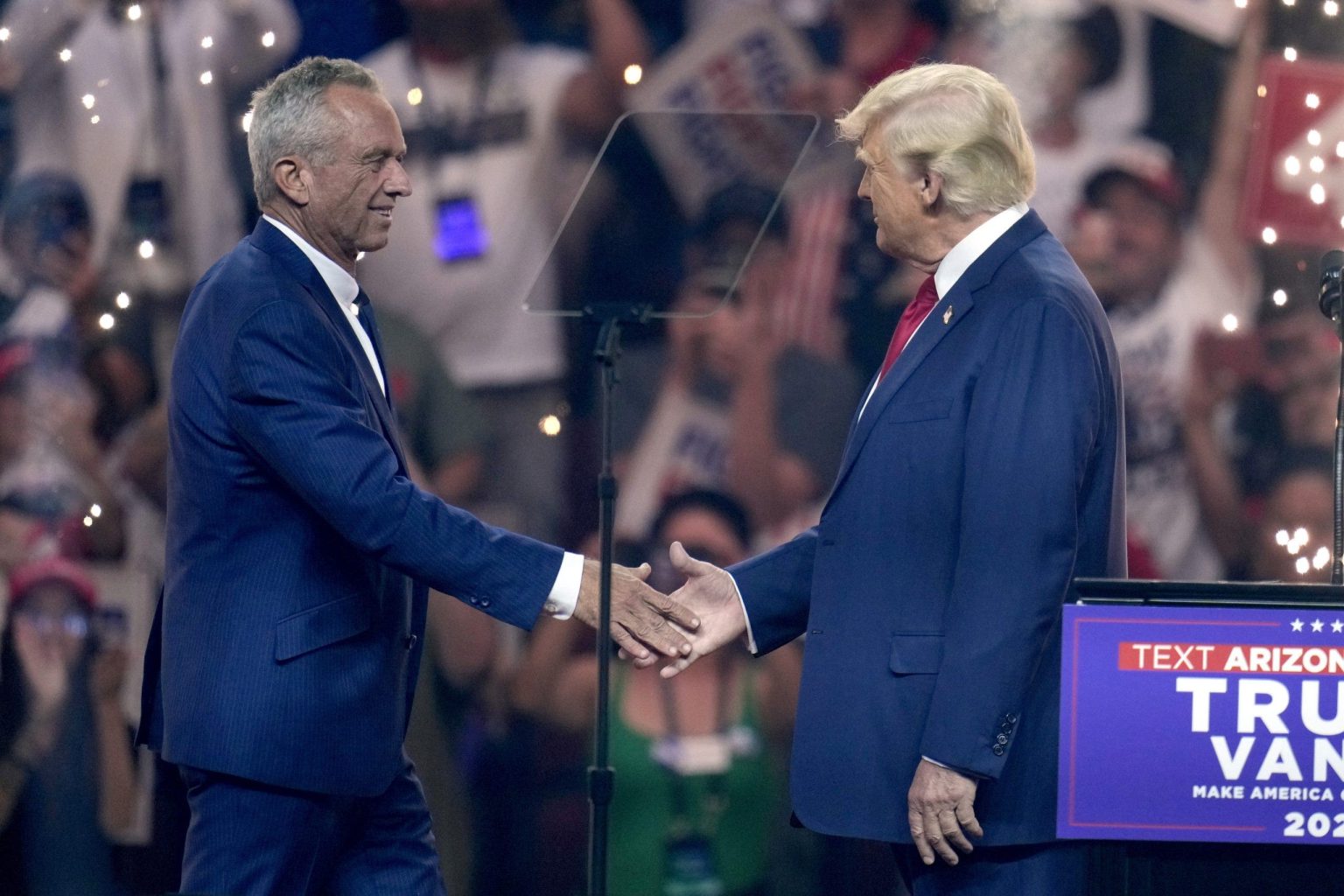Robert F. Kennedy Jr.’s nomination as Secretary of the Department of Health and Human Services (HHS) has sparked controversy, particularly regarding his stance on vaccines. A recent New York Times article ignited a firestorm by reporting that Kennedy’s attorney, Aaron Siri, sought to revoke the FDA’s approval of the polio vaccine. Siri, however, vehemently denies this claim, clarifying that the petition he filed on behalf of the Informed Consent Action Network (ICAN) focused specifically on IPOL, a particular polio vaccine, and not on all polio vaccines. The petition’s objective was to compel the FDA to conduct a more rigorous trial for IPOL’s licensure for children, ensuring its safety and efficacy. Siri underscores the distinction between IPOL and the more widely recognized Salk and Sabin polio vaccines, emphasizing that IPOL employs a different technology involving genetically modified monkey kidney cells, traces of which remain in the vaccine. This clarification seeks to address the misconception that Kennedy or Siri aims to eliminate access to polio vaccines altogether.
The core issue raised by Siri and ICAN revolves around the adequacy of IPOL’s safety testing. They contend that the FDA’s approval of IPOL was based on pediatric trials with a limited follow-up period of only three days after injection. This, they argue, is insufficient to ascertain long-term safety effects. The petition is not intended to remove polio vaccines from the market but rather to ensure that all vaccines, including IPOL, undergo comprehensive testing before being administered to children. Siri maintains that raising legitimate concerns about vaccine safety should not be conflated with anti-vaccine sentiment. He advocates for a more nuanced discussion about vaccines, acknowledging the complexity of medical ethics, regulatory oversight, and the influence of pharmaceutical companies on health policy.
The controversy surrounding Kennedy’s stance on vaccines has intensified in the lead-up to his Senate confirmation hearings. While he has expressed skepticism about certain vaccines, he has also affirmed his support for others. This has led to accusations of inconsistency and fueled concerns about his suitability for the HHS position. Kennedy’s supporters, however, argue that his critical perspective on vaccines stems from a commitment to evidence-based medicine and a desire to ensure the highest safety standards for all medical interventions. They emphasize his support for thorough research and transparent safety protocols, suggesting that his stance is rooted in scientific rigor rather than an outright rejection of vaccines.
Siri’s legal challenges extend beyond the IPOL petition. Another petition filed on behalf of ICAN addresses concerns about aluminum adjuvants in 13 childhood vaccines. This petition alleges discrepancies between the aluminum levels listed on FDA-approved labels and the actual amounts found in the vaccines. It calls on the FDA to verify the aluminum content and publicly disclose the documentation supporting its accuracy or suspend distribution until the discrepancy is resolved. This petition highlights the broader issue of transparency and accountability in vaccine manufacturing and regulation, reflecting a growing demand for more stringent oversight and public access to information regarding vaccine ingredients and potential risks.
The New York Times article, which characterized Siri’s efforts as a “war” against all vaccines, has drawn sharp criticism from both Kennedy and Siri. They accuse the Times of misrepresenting their position and sensationalizing the issue. This highlights the challenge of navigating the polarized debate surrounding vaccines, where nuanced perspectives are often overshadowed by simplistic labels like “pro-vaccine” and “anti-vaccine.” Siri emphasizes the need for balanced reporting that acknowledges the validity of questioning vaccine safety and efficacy without resorting to ad hominem attacks or mischaracterizations.
The controversy surrounding Kennedy’s views on vaccines has placed both him and the incoming Trump administration under scrutiny. While Trump has expressed his support for the polio vaccine, his statement that “everything should be looked at” suggests an openness to revisiting vaccine safety protocols. This ambiguity has further fueled the debate and raised questions about the administration’s approach to vaccine policy. Kennedy’s confirmation hearings are likely to be a focal point for this discussion, providing an opportunity for him to clarify his stance and address the concerns raised by his critics. The outcome of these hearings will significantly impact the direction of vaccine policy under the new administration and the broader conversation surrounding vaccine safety and public health.

